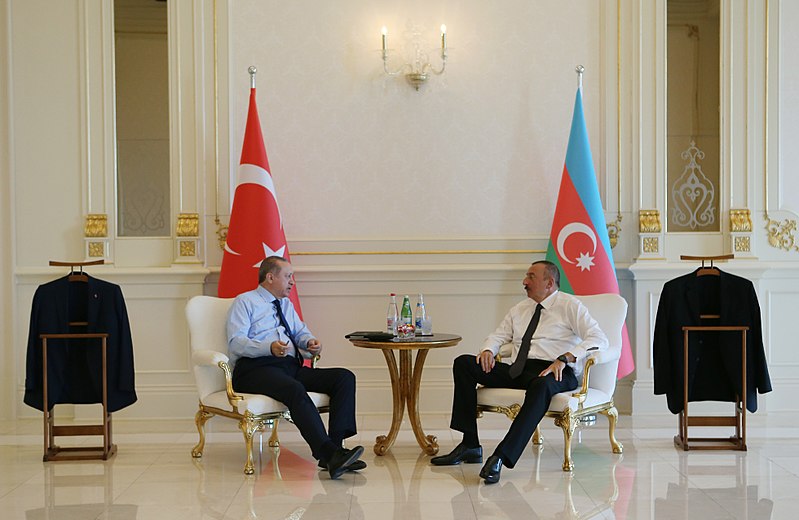Black Sea Gas Find Gives Turkey Leverage against Russia
By Natalia Konarzewska
November 23, 2020
In August 2020, Turkey announced the first sizeable natural gas discovery off its Black Sea coast, estimated to contain some 320 billion cubic meters (bcm) of gas. In October 2020, after weeks of additional exploration, Turkey revised the estimation of the newfound gas reserve upwards to 405 bcm. The discovery of the Sakarya gas field was met with euphoria, as it came after years of unfruitful quest for indigenous natural gas reserves. The finding promises to ease Turkey’s dependence on hydrocarbon imports and Ankara will likely use its new-found gas field as leverage against Russia, which is bound to have geopolitical implications.
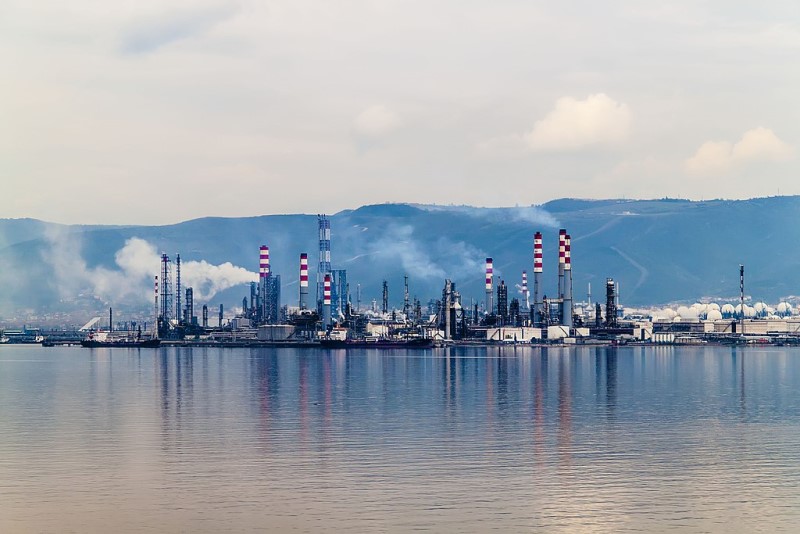
Has Turkey Abandoned the Uighurs?
By Sudha Ramachandran
November 11, 2020
Turkey’s relations with China have undergone a sea change in recent years, with deepening bilateral cooperation. Ankara’s economic dependence on China and thus susceptibility to its pressure is rising, and it has led to a shift in Turkey’s policy towards the Uighurs, China’s Turkic minority. Turkey’s decades-old policy of supporting the Uighurs is changing; it is no longer the safe haven it once was for Uighurs fleeing Chinese repression and Turkey is reportedly deporting them to China. The Uighurs risk losing their strongest, if not only, supporter in the Muslim world as China’s role in Turkey’s economy continues to expand. The shift in Turkey’s stance toward the Uighurs is likely to be permanent. It ultimately speaks of the primacy of economic concerns over nationalism.
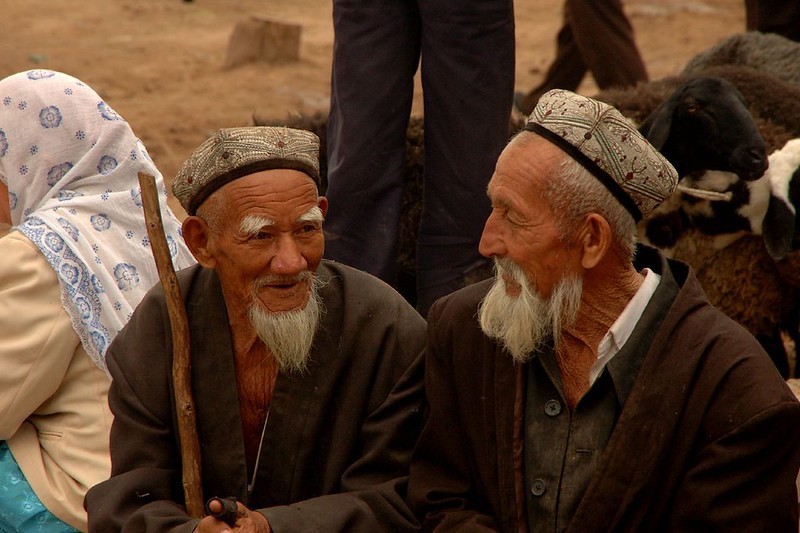
Amid Turkey’s Deteriorating Relations with the U.S. the Future of İncirlik airbase is Unclear
By John C. K. Daly
October 21, 2020
Dissatisfaction with Turkey has intensified to the point that the U.S. administration is considering abandoning İncirlik air base near Adana. Turkey in turn has threatened to expel the American military from İncirlik air base if the U.S. Congress imposes sanctions on Turkey for purchasing the Russian S-400 antiaircraft system. As Turkey has now activated the missiles, the future of İncirlik is at best unclear.
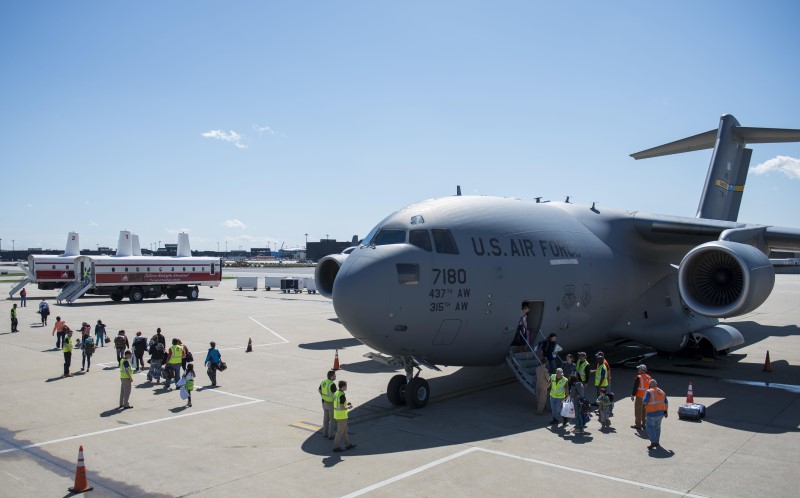
Turkey Seeks to Counter Russia in the Black Sea-Caucasus Region
By Emil Avdaliani
October 5, 2020
Turkey increasingly views Ukraine, Georgia and Azerbaijan as parts of an arc that could help it balance Russia’s growing military presence in the Black Sea and in the South Caucasus. With this objective in mind, Ankara is stepping up its military cooperation not only with Baku, but also with Tbilisi and Kyiv. Turkey is signaling that it intends to play a far more active role in the Black Sea-Caucasus region in order to contain Russia’s influence. This regional strategy has wider implications as it demonstrates that Turkey, contrary to what has become a common perception in the West, is not moving closer toward Russia and that in fact Turkish and the Western geopolitical interests largely converge, with Turkey supporting Georgia’s NATO ambitions.
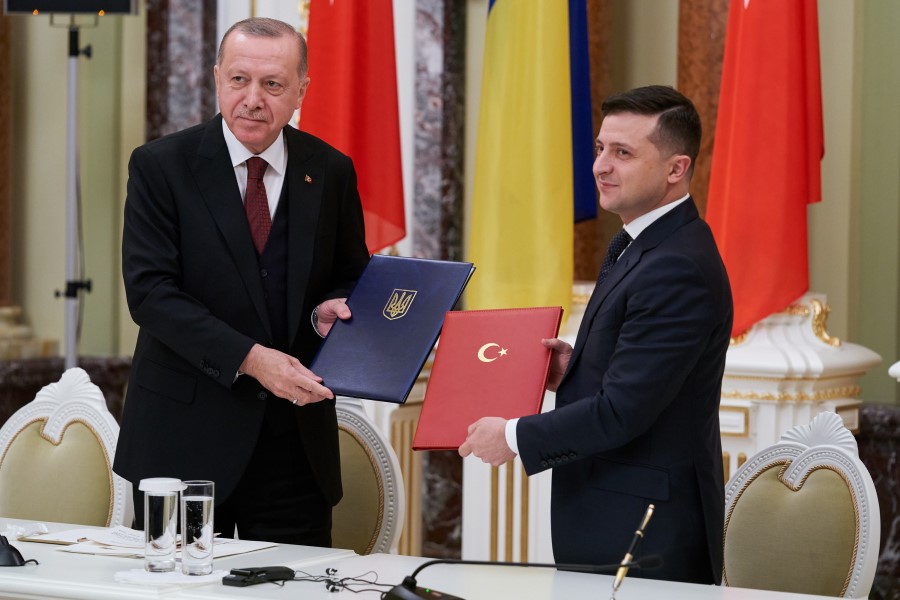
Turkey’s Commitment to Azerbaijan’s Defense Shows the Limits of Ankara’s Tilt to Moscow
By Turan Suleymanov and Bahruz Babayev
September 25, 2020
Turkey’s active, military and diplomatic involvement in the recent Azerbaijan-Armenia border clashes has sent a strong signal to both Armenia and Russia that Turkey will not remain passive and quietly acquiesce to any attempt to destabilize Azerbaijan. At stake is not only Turkey’s standing in Azerbaijan, arguably its closest international partner, but equally its energy safety and its wider, Central Asian political and economic ambitions. The Turkish intervention in defense of Azerbaijan is an unmistakable political warning that multiple actors will be involved in a possible escalation by Armenia of its conflict with Azerbaijan. In this sense, it serves as a guarantee for long-term stability and security in the south Caucasus. Reasonably, Armenia will have been permanently discouraged from seeking any further confrontation with Azerbaijan.
